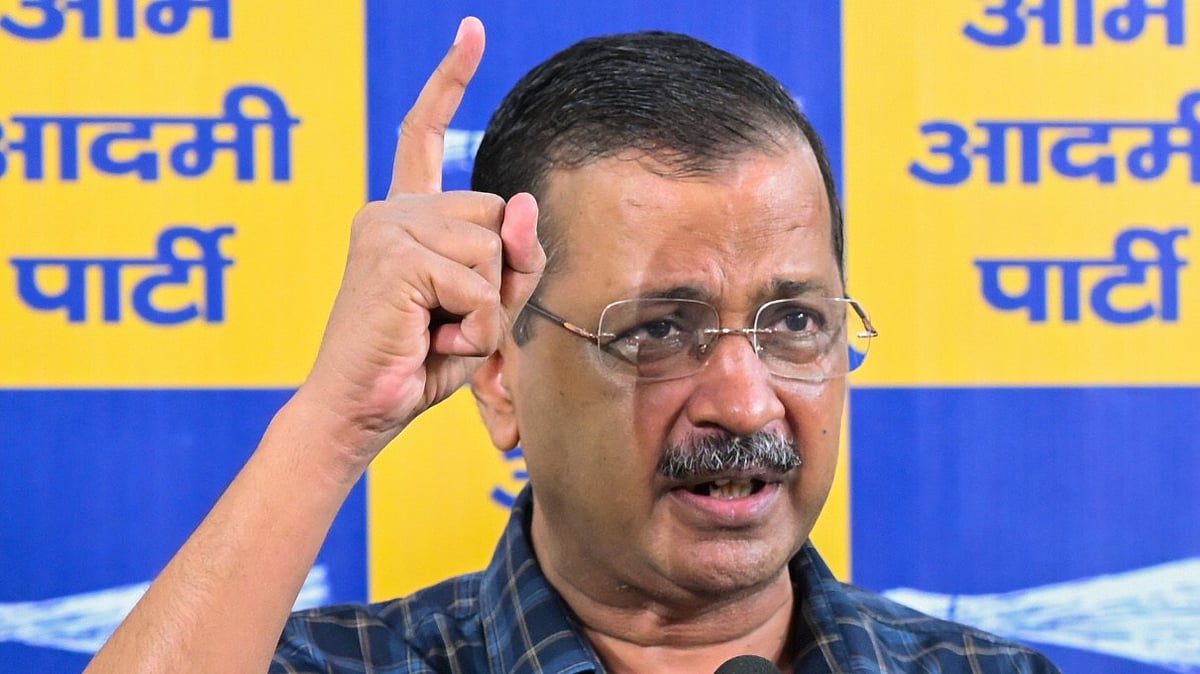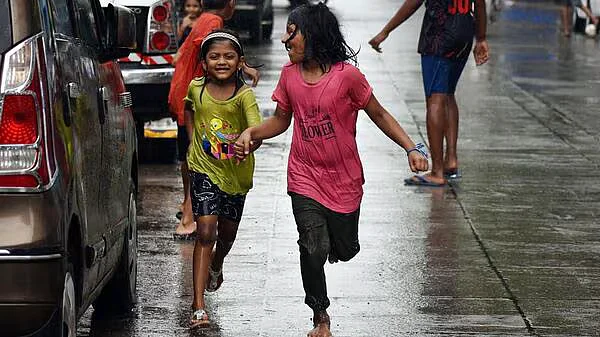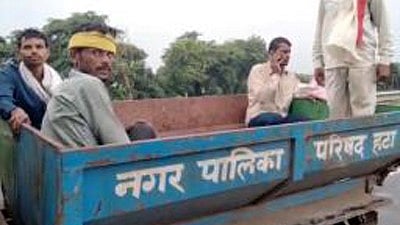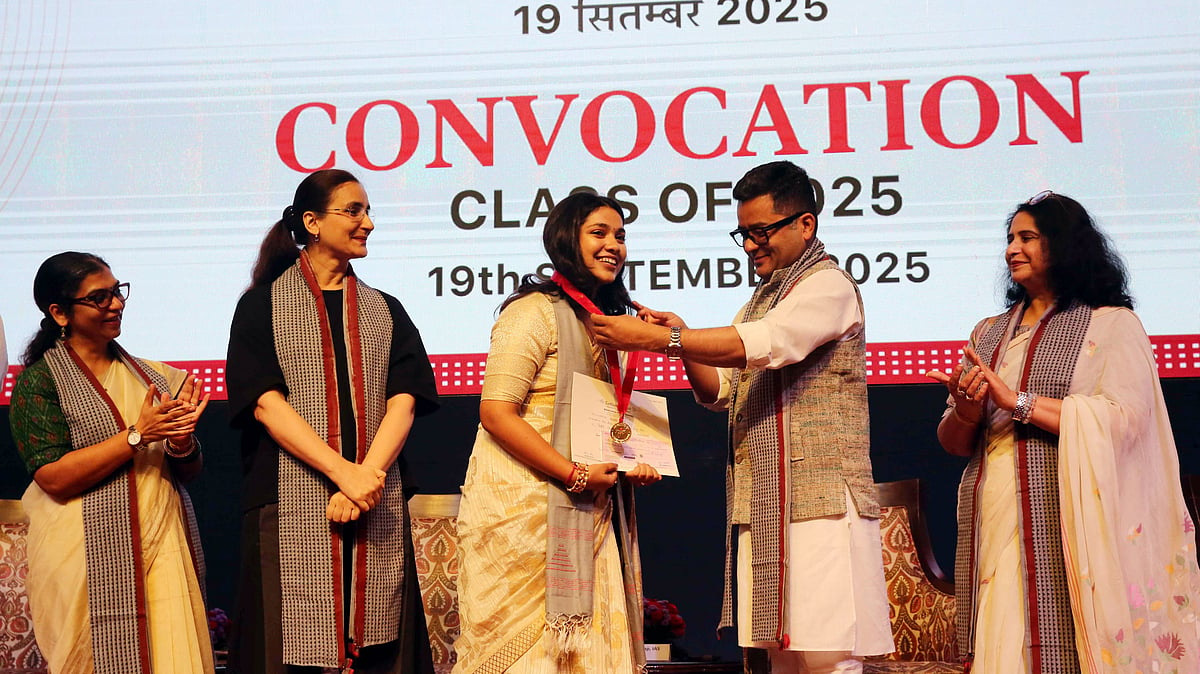Bhopal (Madhya Pradesh): In the mid-1980s, when Manisha Mohan Puri announced that she intended to fly aircraft, a sense of disbelief and apprehension gripped her immediate and extended family. Military aviation was yet to throw its doors open to women and the number of women commercial pilots in the country numbered less than five.
Braving all odds, Manisha became a commercial pilot and after a long and successful career, took voluntary retirement from the state-owned Air India (formerly Indian Airlines) about four years back. During her career, she flew Boeings and Airbuses to various national and international destinations.
Manisha hails from Bhopal and is an alumnus of the St. Joseph’s Convent in the city. She has written a book titled ‘From Sarees to Stripes’, chronicling the struggles and the triumphs of the Indian women commercial pilots.
Her book was discussed at a session in the ongoing Bhopal Literature and Arts Festival at Bharat Bhavan on Saturday.
In a free-wheeling interview with Free Press, Captain (retd) Manisha talked about her personal experiences as a commercial pilot, about the status of women in the Indian aviation industry and about aviation in general.
Here are the excerpts:
How did it all begin?
No one from my family had anything to do with flying. My father worked for the education department of the state government and my mother was a homemaker. I was preparing for the Civil Services. It was then that I read about women pilots and decided that I wanted to be one.
What was the reaction of your family?
Everyone was dismayed. My mother was worried about the risks involved. My brother, who is a banker, could not believe that I wanted to join a profession that was considered out-of-bounds for women. There were concerns like “Who would marry her”. But I stood my ground. I dug out the details of women pilots in India and told my mother that there are at least three of them. Ultimately, they all agreed.
Once you started working as a pilot, did the perception of the family change?
Yes. It did. They felt proud of me. After I got married, my in-laws and my husband were also very supportive. As I have written in my book, no woman can succeed in this very demanding profession without family support. You have odd duty hours, you have long training programmes. So, the family has to be supportive.
When women started piloting aircraft what was the reaction of people?
You see, it was way back in 1966 that India got its first woman commercial pilot. But the societal mindset did not change. You will be surprised to know that in 1991, a passenger refused to fly in an aircraft when he saw a lady in the cockpit. “Are they mad?” he said, and requested that he be offloaded.
Have things changed since then?
Yes. They have. Now, women pilots are no longer seen as a threat to the safety of the passengers and the aircraft. My personal experience has been quite heartening. I received numerous salutes when I walked through the airports in the Middle East, wearing the uniform of a captain.
Is flying risky?
I believe that air is the safest means of transport. Aircraft are safe. During takeoffs, there is some risk till you rise above 1,000 feet. The same is true of landing. But once you are at the cruising altitude, there is no risk.
But the recent accidents - the one involving the CDS Bipin Rawat and the latest one in China - what do they show? We have state-of-the-art flying machines, yet they crash. Why?
There are some things which are beyond the control of the pilot. No matter how modern an aircraft is, high-speed winds, storms or lightning will affect them. Yes, we do get credible updates on weather but then, things can change within minutes.
What kind of challenges did you face in your career?
When I was in the flying school, there was definitely a gender bias. The male trainees were given more flights.
You are from Bhopal. How did you find the city?
I had done my schooling from Bhopal. When I joined Indian Airlines in 1988, I was still living in Bhopal. I am visiting the city after a gap of about 40 years. The city has grown astonishingly. But I am happy to note that despite so many new buildings and roads and so on, the city has retained its beauty. It is still a green and very charming city.
What is the secret of your success?
Self-confidence and self-motivation. No matter what the people say, you have to stay focused and determined.
Your wish list?
The perception of society towards women should change. We women don’t want any concessions or quotas. What we want is that we should be judged on the basis of our capabilities. No less and no more.











